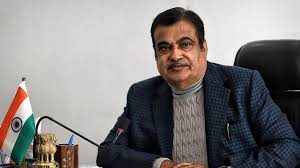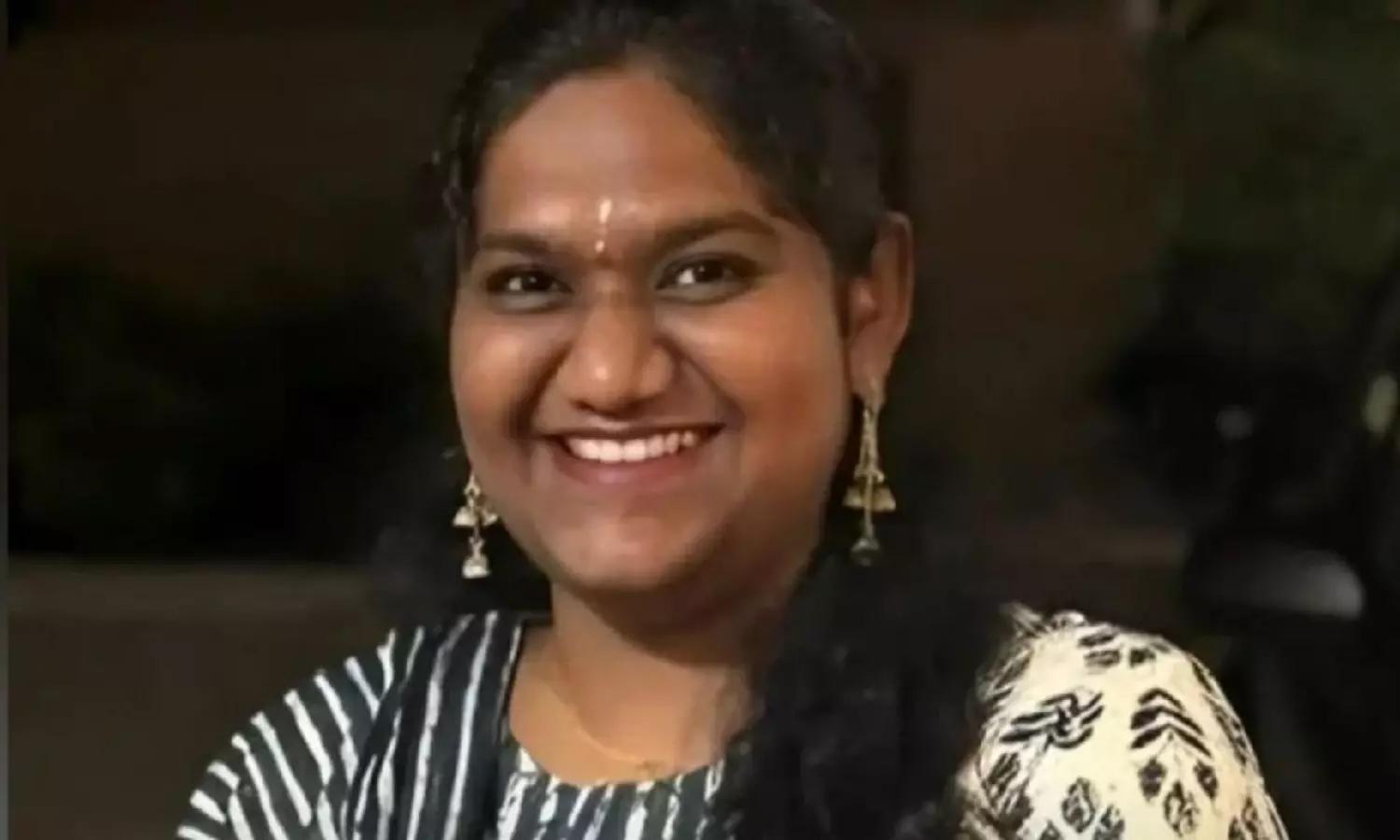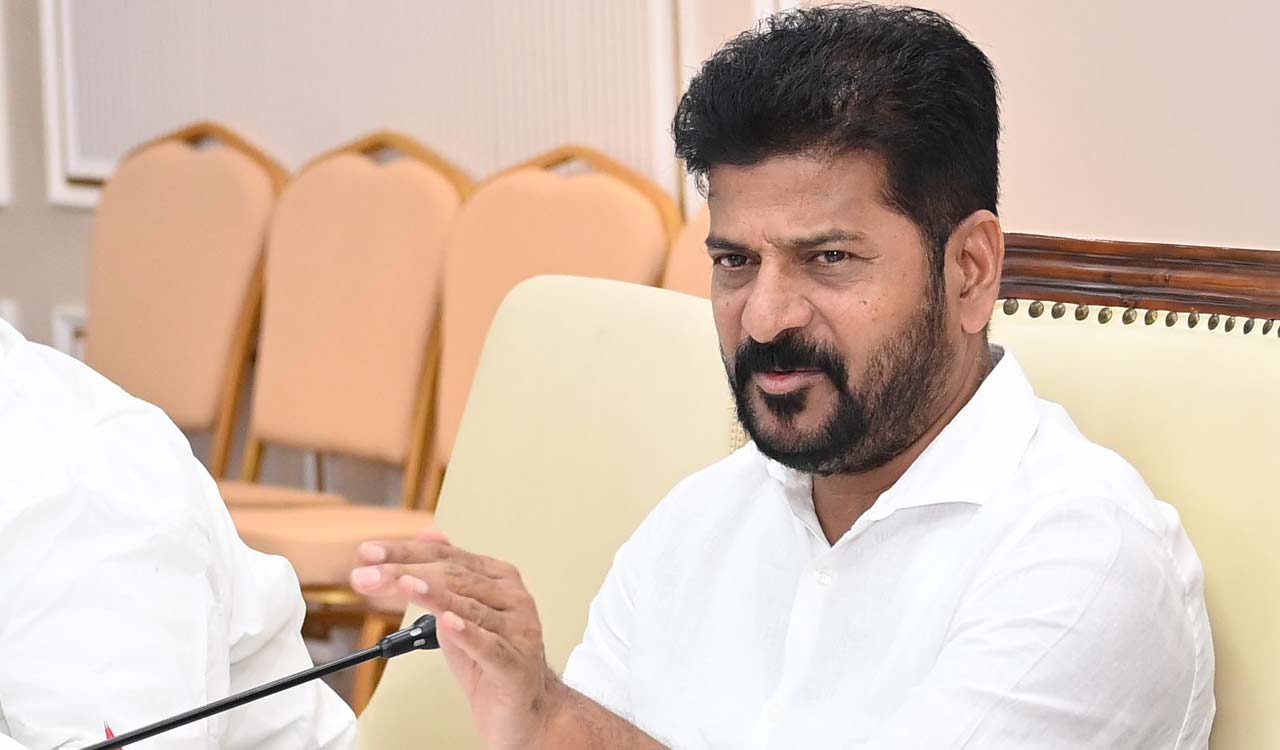Parents selling kids shows desperation of Afghanistan
Mon 03 Jan 2022, 13:11:55
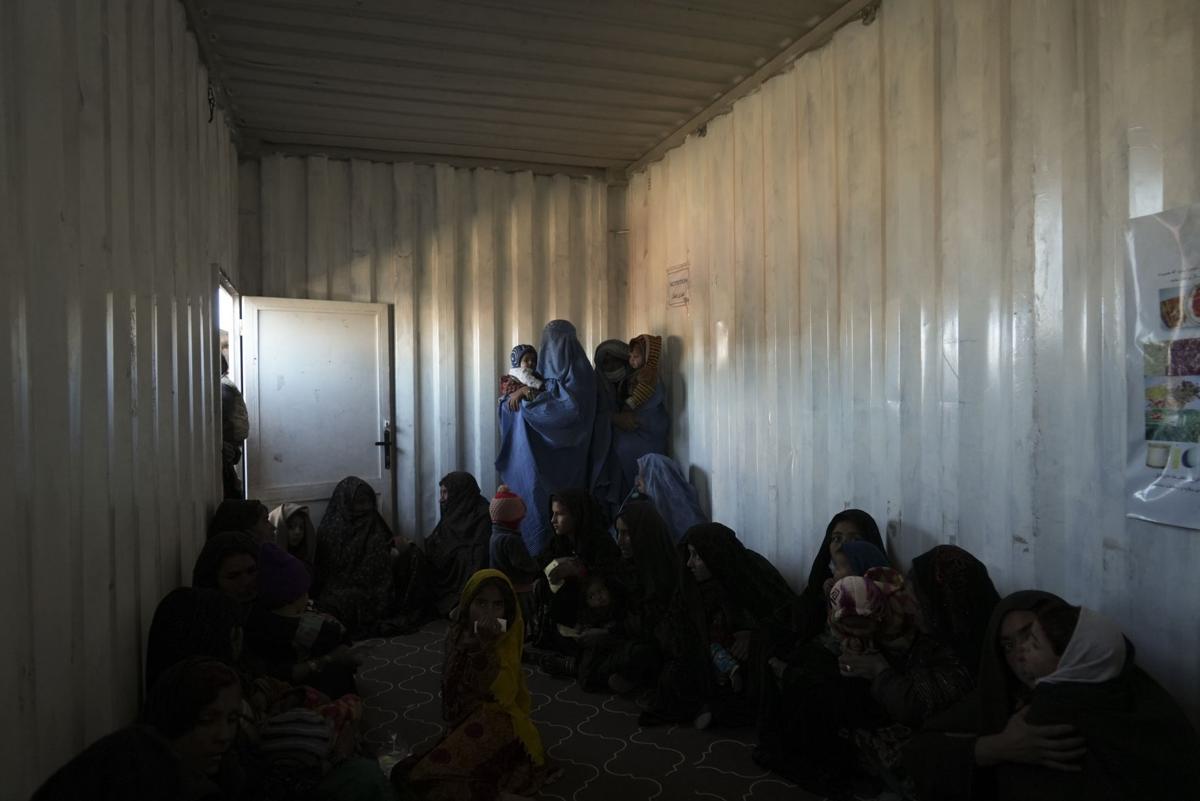
Shedai Camp: In a sprawling settlement of mud brick huts in western Afghanistan housing people displaced by drought and war, a woman is fighting to save her daughter.
Aziz Gul’s husband sold their 10-year-old into marriage without telling his wife, taking a down-payment so he could feed his family of five children. Otherwise, he told her, they would all starve. He had to sacrifice one to save the rest. Many of Afghanistan’s growing number of destitute people are making such desperate decisions as their nation spirals into a vortex of poverty.
Afghanistan’s aid-dependent economy was already teetering when the Taliban seized power in mid-August amid a chaotic withdrawal of U.S. and NATO troops. The international community froze Afghanistan’s assets abroad and halted funding, unwilling to work with a Taliban government given its reputation for brutality during its previous rule 20 years ago.
The consequences have been devastating for a country battered by war, drought and the coronavirus pandemic. State employees haven’t been paid in months. Malnutrition stalks the most vulnerable, and aid groups say more than half the population faces acute food shortages. “Day by day, the
situation is deteriorating in this country, and especially children are suffering,” said Asuntha Charles, national director of the World Vision aid organization in Afghanistan, which runs a health clinic for displaced people near the western city of Herat. “Today I have been heartbroken to see that the families are willing to sell their children to feed other family members.”
situation is deteriorating in this country, and especially children are suffering,” said Asuntha Charles, national director of the World Vision aid organization in Afghanistan, which runs a health clinic for displaced people near the western city of Herat. “Today I have been heartbroken to see that the families are willing to sell their children to feed other family members.”
Arranging marriages for very young girls is common in the region. The groom’s family pays money to seal the deal, and the child usually stays with her parents until she is at least around 15.
Yet with many unable to afford even basic food, some say they’d allow prospective grooms to take very young girls or are even trying to sell their sons. Gul, unusually in this deeply patriarchal, male-dominated society, is resisting. Married off herself at 15, she says she would kill herself if her daughter, Qandi Gul, is taken away. When her husband told her he sold Qandi, “my heart stopped beating.
I wished I could have died at that time, but maybe God didn’t want me to die,” Gul said, with Qandi by her side peering shyly from beneath her sky-blue headscarf.
No Comments For This Post, Be first to write a Comment.
Most viewed from International
Most viewed from World
AIMIM News
Latest Urdu News
Most Viewed
May 26, 2020
Do you think Canada-India relations will improve under New PM Mark Carney?
Latest Videos View All
Like Us
Home
About Us
Advertise With Us
All Polls
Epaper Archives
Privacy Policy
Contact Us
Download Etemaad App
© 2025 Etemaad Daily News, All Rights Reserved.


.jpg)
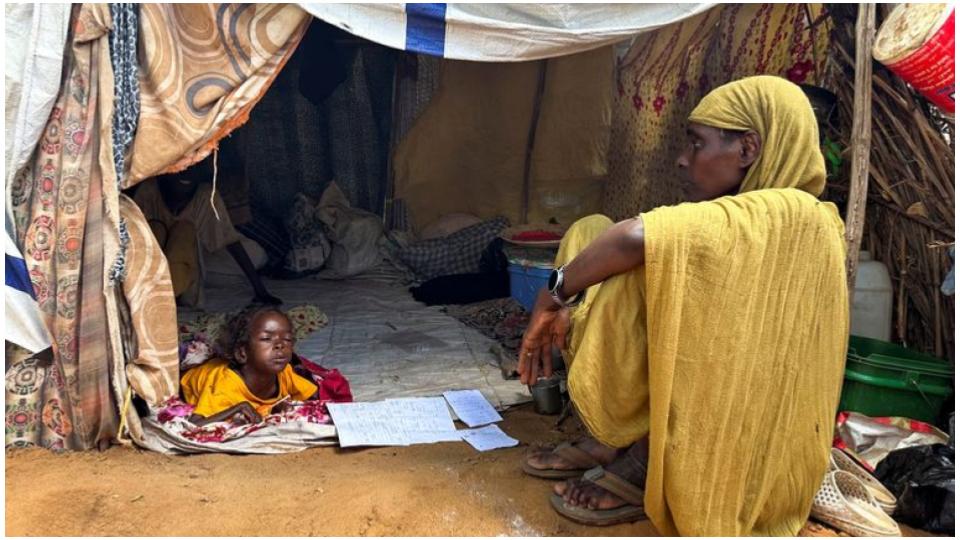

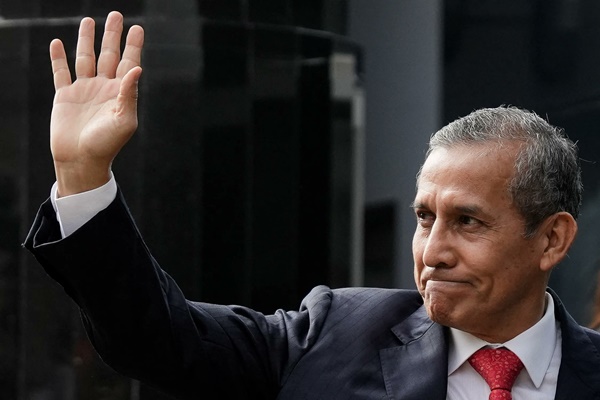

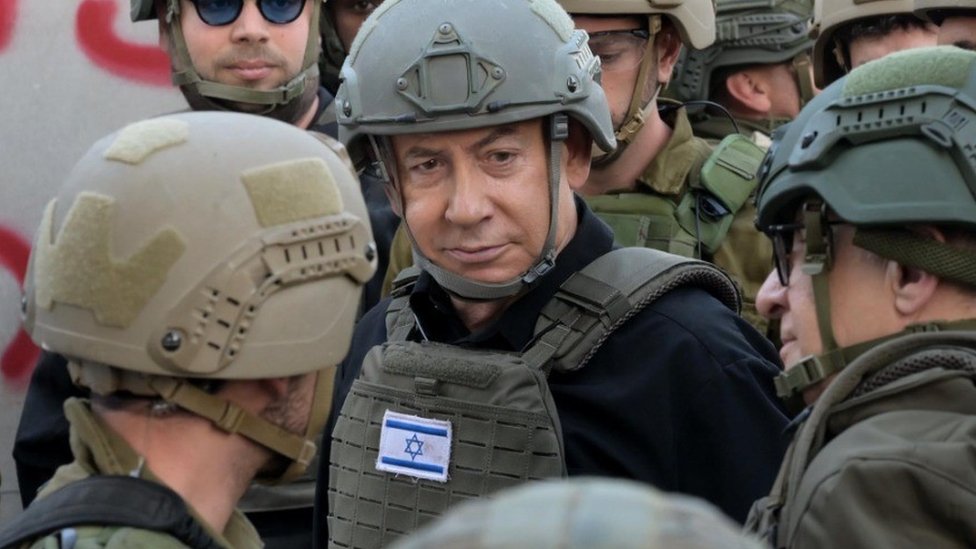


.jpg)
.jpg)
.jpg)



